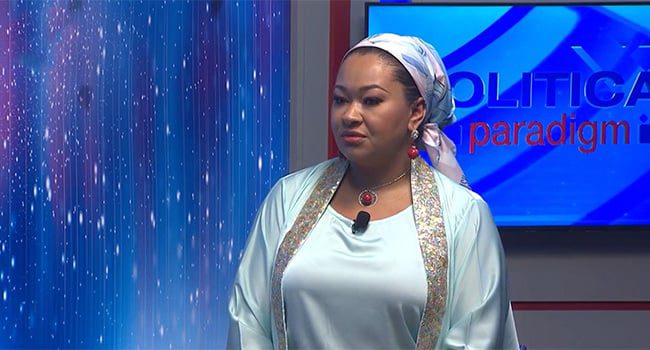
Women’s Groups Take Natasha Akpoti-Uduaghan Case to UN
A coalition of women’s organisations has petitioned the United Nations over the Senate’s refusal to reinstate Senator Natasha Akpoti-Uduaghan, describing the move as a violation of her rights and a dangerous precedent for women in politics.
The petition, filed with UN Special Rapporteur on Violence Against Women and Girls, Reem Alsalem, came from Womanifesto, a network of over 350 advocacy groups.
The coalition accused the Nigerian Senate of retaliating against Akpoti-Uduaghan after she accused Senate President Godswill Akpabio of sexual harassment, an allegation he has firmly denied.
Akpoti-Uduaghan, who represents Kogi Central, made the allegation on February 20. Days later, the Senate’s Committee on Ethics and Privileges recommended a six-month suspension on procedural grounds.
The suspension denied her salary, security, and access to parliamentary sessions, sparking widespread criticism from civil society groups who argued that she was being punished for speaking out.
On July 4, the Federal High Court in Abuja ruled that the suspension was unconstitutional and exceeded the powers of the Senate.
The judgment cleared the way for her return, but the Senate has refused to comply, claiming that the matter is still under litigation and that the ruling was not binding.
Dr. Abiola Akiyode-Afolabi, convener of Womanifesto and director of the Women Advocate Research and Documentation Centre, said the Senate’s refusal to obey the court undermines democracy and weakens confidence in Nigeria’s institutions.
She warned that silencing Akpoti-Uduaghan sends a message that women who report harassment cannot rely on the system for protection.
The petition also stressed that the case raises broader concerns about women’s participation in politics.
Activists argue that ignoring a court ruling and denying a senator her mandate could discourage women from seeking political office and erode trust in democratic governance.
Several prominent organisations, including Amnesty International Nigeria, FIDA, Baobab for Women’s Human Rights, Women in Management, Business and Public Service, and Stand to End Rape, endorsed the petition.
They warned that unchecked harassment in politics not only threatens women’s rights but also undermines public trust in governance.
Although the UN Special Rapporteur has not yet responded, observers believe the international spotlight could increase pressure on Nigerian authorities.
Many see the case as a crucial test of Nigeria’s commitment to gender equality, rule of law, and the protection of women in public life.



 DHQ uncovers details of foiled coup plot against Tinubu
DHQ uncovers details of foiled coup plot against Tinubu 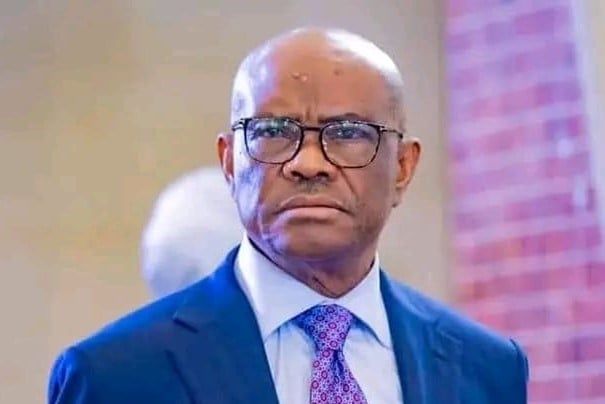 FCTA Workers, NLC Take Labour Dispute to Court, Demand Wike’s Exit
FCTA Workers, NLC Take Labour Dispute to Court, Demand Wike’s Exit 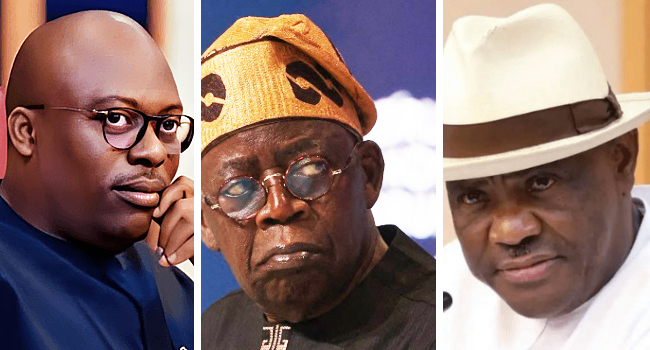 Rivers Power Play Puts Tinubu in a Political Tight Corner
Rivers Power Play Puts Tinubu in a Political Tight Corner 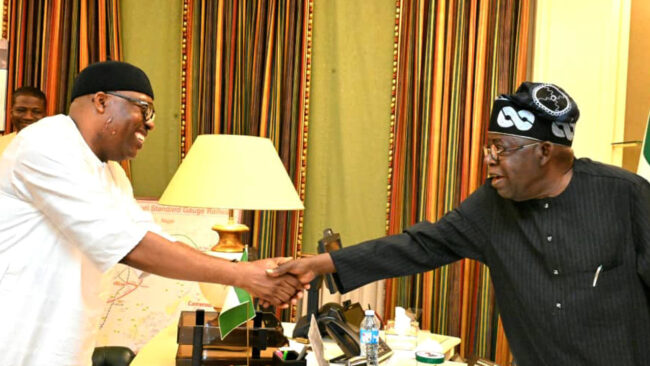 Rivers APC Hails Tinubu’s Stand, Says Presidency Has Settled Wike–Fubara Leadership Dispute
Rivers APC Hails Tinubu’s Stand, Says Presidency Has Settled Wike–Fubara Leadership Dispute 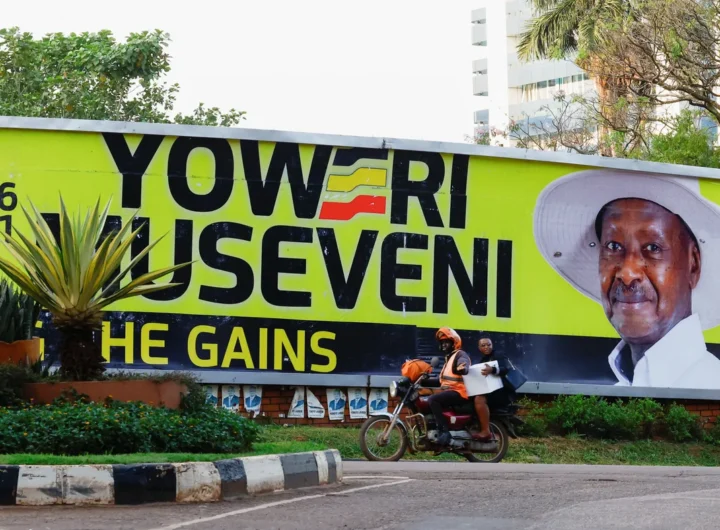 Africa’s Powerbrokers Rally Behind Museveni as Uganda Votes Him into a Seventh Term
Africa’s Powerbrokers Rally Behind Museveni as Uganda Votes Him into a Seventh Term 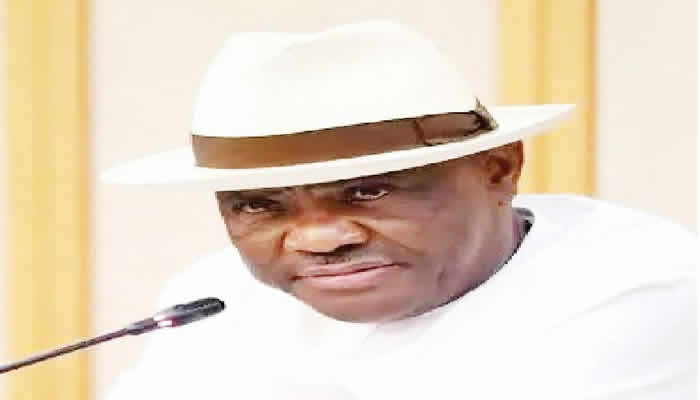 My appointor has the right to sack me — Wike Fires Back at Sack Calls, Dares Criticu
My appointor has the right to sack me — Wike Fires Back at Sack Calls, Dares Criticu 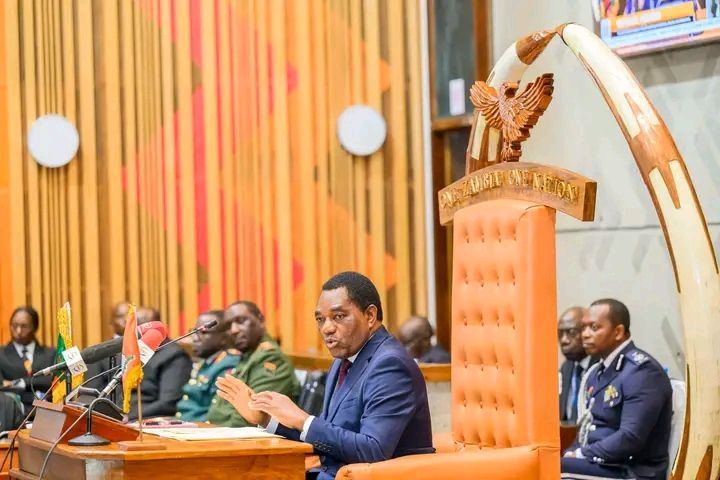 Zambia’s Hichilema’s Makes His Case: Stabilisation, Reform and the Road to 2026
Zambia’s Hichilema’s Makes His Case: Stabilisation, Reform and the Road to 2026 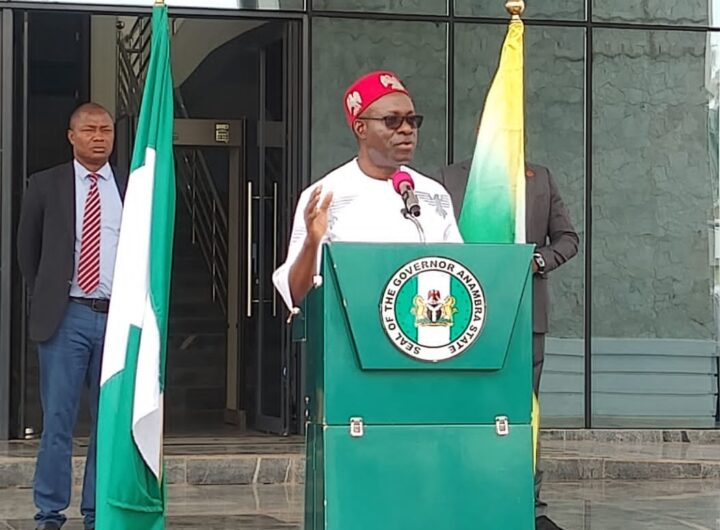 Onitsha Market Closure: Soludo Explains Rationale, Vows to End Sit-at-Home
Onitsha Market Closure: Soludo Explains Rationale, Vows to End Sit-at-Home 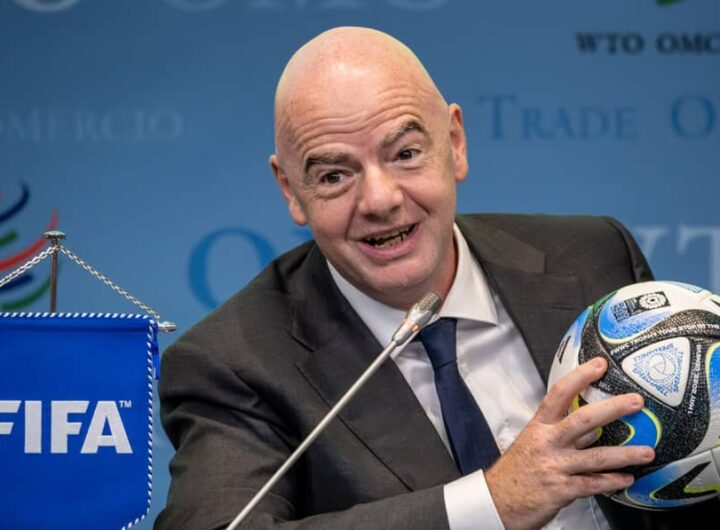 FIFA Rules Out World Cup Ban as Senegal Face CAF Sanctions Over AFCON Final Walk-Off
FIFA Rules Out World Cup Ban as Senegal Face CAF Sanctions Over AFCON Final Walk-Off  Nollywood Actress, Angela Okorie Reportedly Detained Over Alleged Cyberbullying Linked to Mercy Johnson Case
Nollywood Actress, Angela Okorie Reportedly Detained Over Alleged Cyberbullying Linked to Mercy Johnson Case